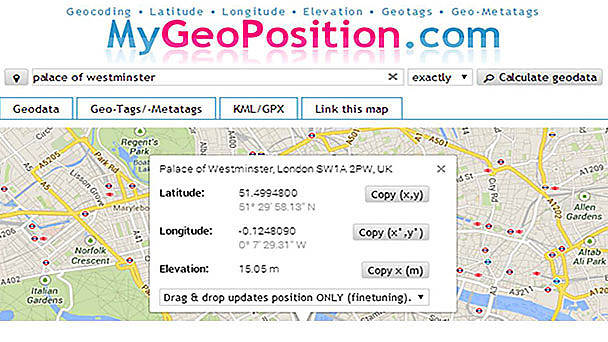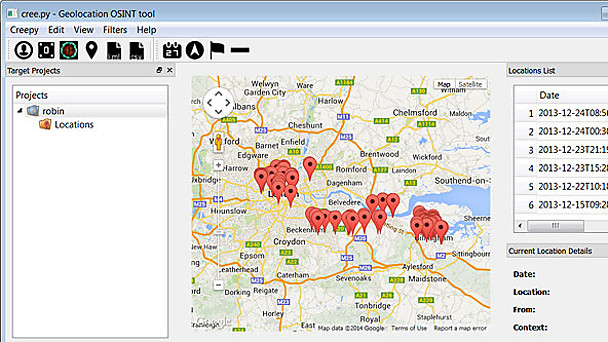
News & Analysis
Spurring Cross-Border Collaboration on Journalism Investigations in Latin America
More and more, Latin American journalism is thriving in the digital space. Investigative journalism platforms online are joining forces, data journalism bootcamps are taking off and there are new accelerators looking to fund innovative news projects. “In today’s world, journalists spend more time in the virtual world than in the paper stacks,” said Carlos Eduardo Huertas, director of Connectas, a nonprofit which supports transnational journalism.









